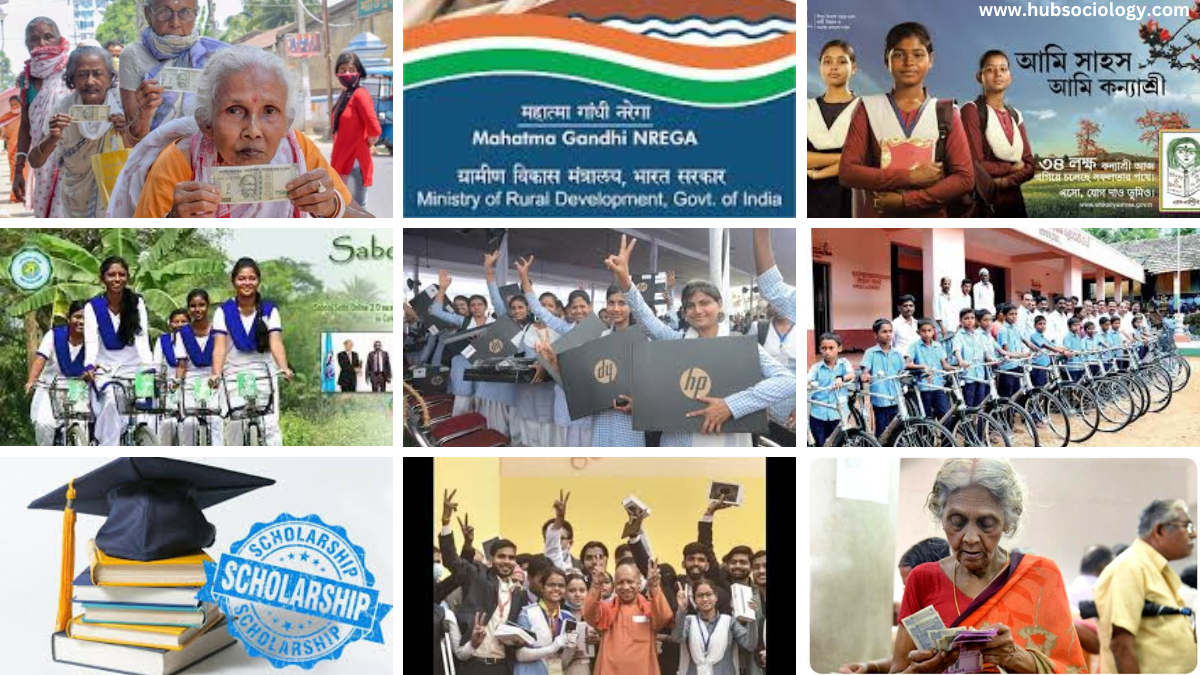The Role of Judiciary in Ensuring Social Justice: A Sociological Perspective
Introduction Social justice is a fundamental principle that seeks to ensure fairness, equity, and equal opportunities for all members of society, particularly marginalized and disadvantaged groups. By interpreting the law, defending constitutional rights, and resolving structural injustices, the judiciary plays a critical role in maintaining social justice. From a sociological perspective, the judiciary does not … Read more







